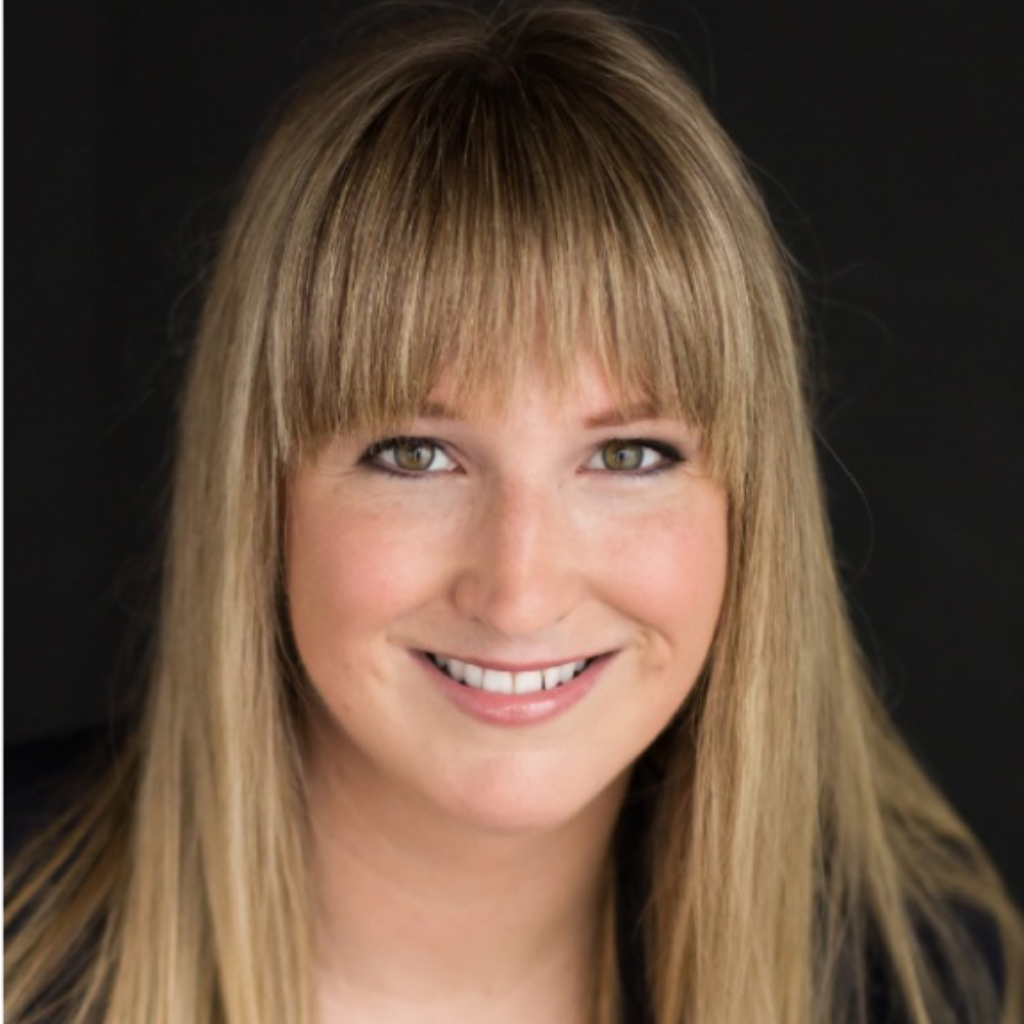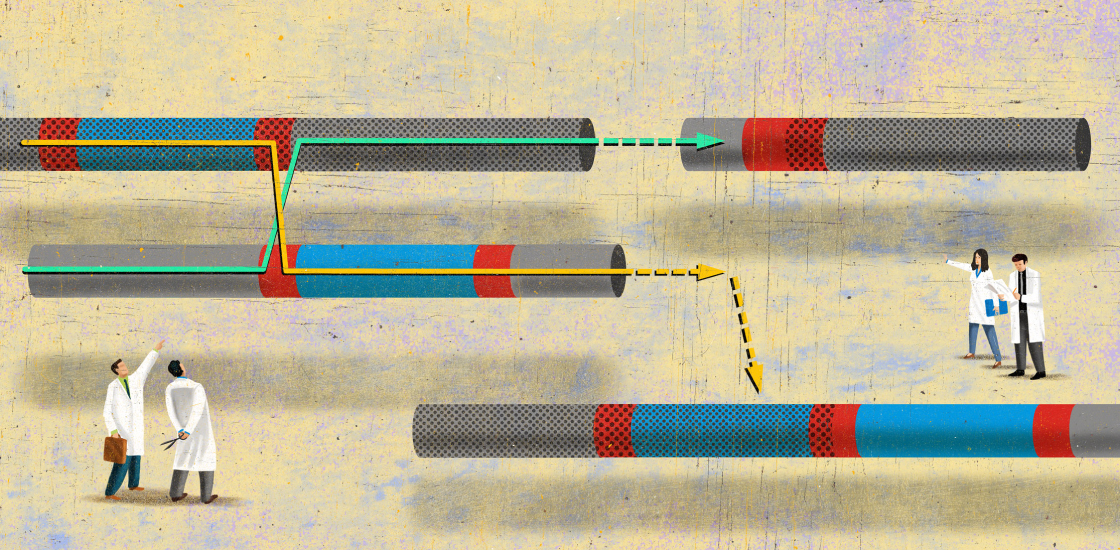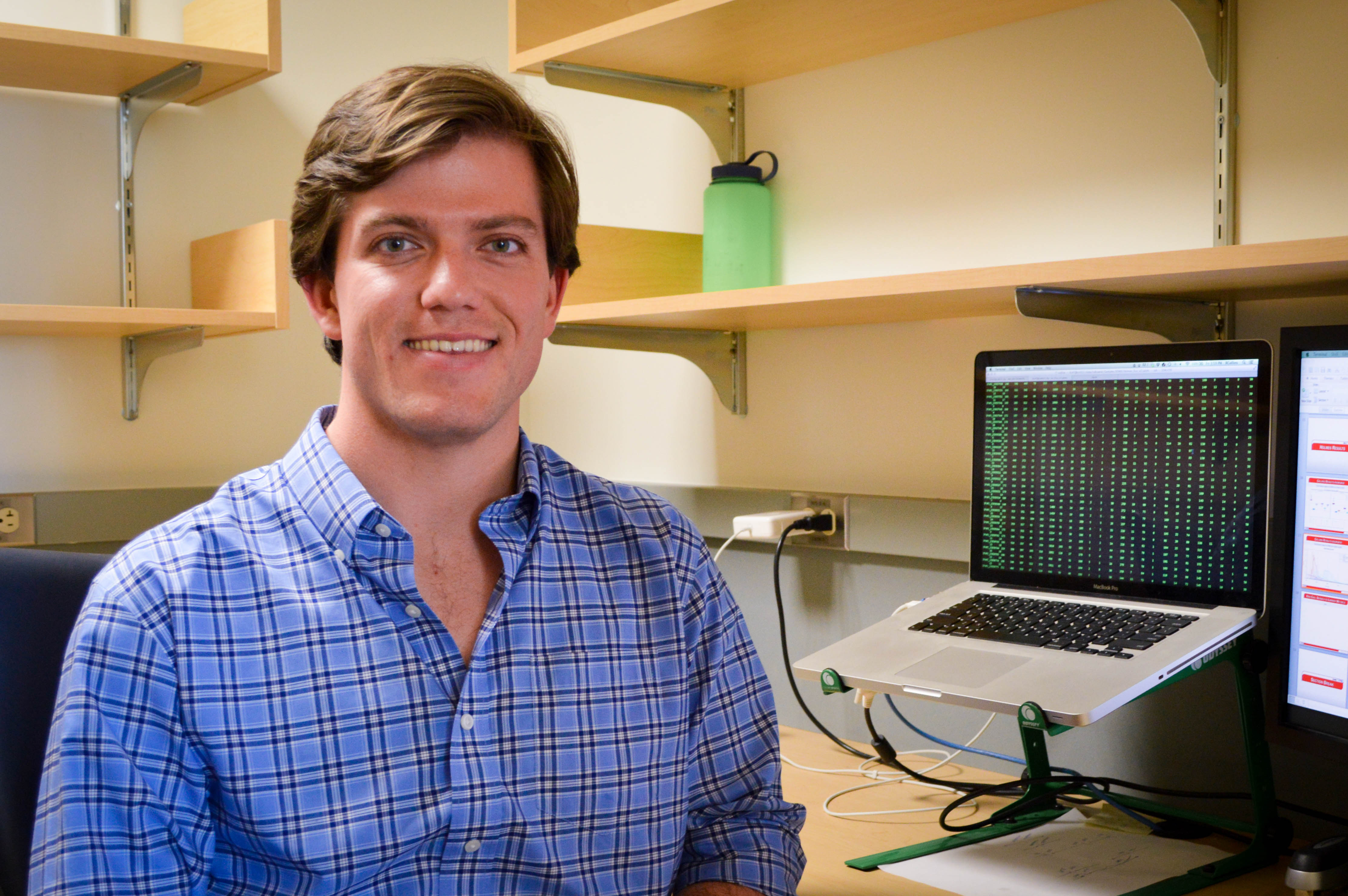Chelsea Lowther joins the Talkowski Lab
Chelsea joined the Talkowski laboratory in September 2017 as a postdoctoral fellow, after completing her PhD in Medical Science with Anne Bassett at the University of Toronto in Canada. In the Talkowski laboratory Chelsea will be working on the Developmental Genome Anatomy Project (DGAP) using whole-genome sequencing and computational tools to help identify new genetic [...]




